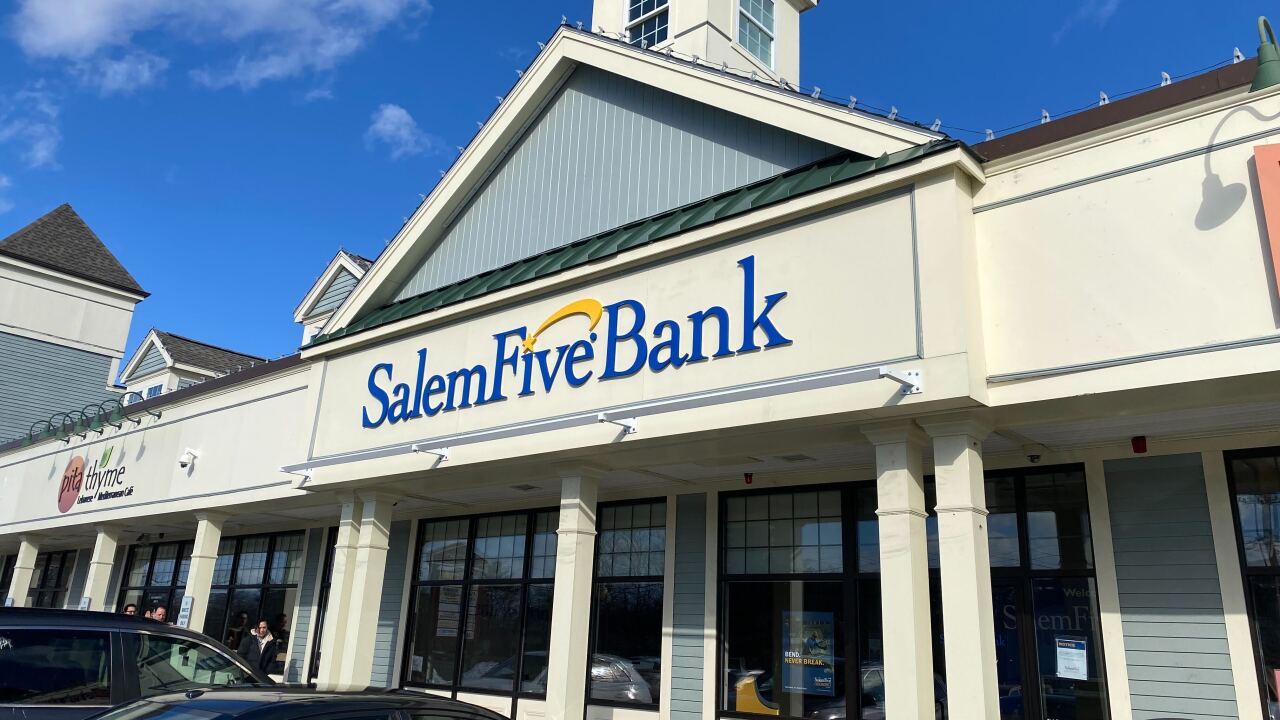
State banking regulators who support the
The 1980 Supreme Court Marquette decision held that the National Bank Act permits national banks to export rates to all other states, no matter the bank's "home state." In response, Congress passed DIDMCA to allow state-chartered, federally insured banks to export interest rates to other states, just as national banks do.
The blockbuster merger proposal will be reviewed at a time when the Biden administration is expressing skepticism about consolidation. Its analysis will have to account for markets dominated by both big banks and the likes of Visa and Mastercard.
The dual banking system of federally and state-chartered banks had existed since the 1800s, but the modern system was created when DIDMCA leveled the playing field for state-chartered banks, encouraging greater competition among financial institutions, and greater availability of a variety of credit products for consumers.
State-chartered banks
While DIDMCA equalized opportunity between national and state-chartered, federally insured banks as intended, Congress also built in an exception: an opt-out for states to reject DIDMCA rate exportation. In short order between 1980 and 1983, seven states opted out of DIDMCA: Iowa, Colorado, Maine, Massachusetts, Wisconsin, Nebraska and North Carolina.
Then, between 1986 and 1998, every opt-out state except Iowa reversed course and opted back into DIDMCA. Why? Were they protecting their states' consumers too much? Or did it turn out that opting out of DIDMCA didn't do what they thought it would, and hurt their own states' banks more than it helped consumers?
On that question, there is surprisingly scant evidence. A state opting out of DIDMCA clearly prevents that state's banks from exporting its rates to other states — exportation authority was created by DIDMCA. But six out of seven states opting back in between 1986 to 1998 appear to have done so at least in part because of the Federal Deposit Insurance Corp.'s historic position that banks chartered in other states could still export their rates. The FDIC explains that where a loan is "made" is not necessarily determined by the borrower's location — nor necessarily by the bank's "home" state either, but instead by where three nonministerial functions involved in making the loan occur: 1) loan approval; 2) disbursement of loan funds; and 3) communication of the decision to lend. If those functions occur in the bank's home state, then that is the rate that applies to the transaction.
DIDMCA also enabled the so-called "bank partnership" or — more pejoratively — the "rent-a-bank" model, in which a bank originates a loan and then the out-of-state, nonbank "partner" purchases that loan from the bank. This bank partnership/rent-a-bank business model is a frustration to many consumer activists because it's seen as a way that some nonbanks and payday lenders evade state law. In 2021, University of Iowa law professor Chris Odinet wrote in the blog
Last year
But when a state opts out of DIDMCA, its state-chartered banks are devalued. Even state-chartered banks that choose to operate entirely within one state and not to export rates to consumers in other states are devalued, because that state's DIDMCA opt-out removes the choice to change its business model and pursue rate exportation. No matter their current business model, their charter is worth less than it was before their state opted out of DIDMCA.
Today, DIDMCA opt-out enthusiasts assume that opting out of DIDMCA will prevent other states' banks from exporting rates into their state. Reasonable people can — and do — disagree on that point, and it will most certainly be the subject of litigation. But this is certain: If every state opted out of DIDMCA, it would be the end of the dual banking system as we know it. And that is why state banking regulators who support DIDMCA opt-out are cannibals: They would eat their own.





